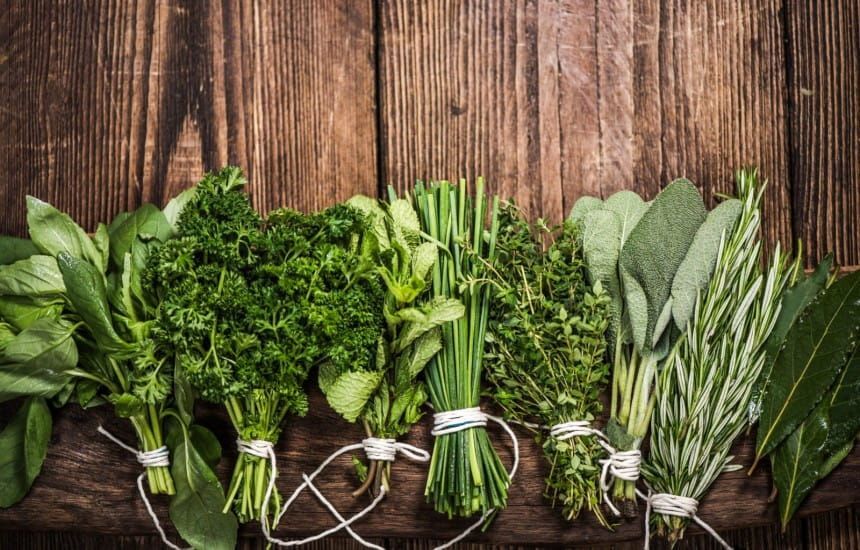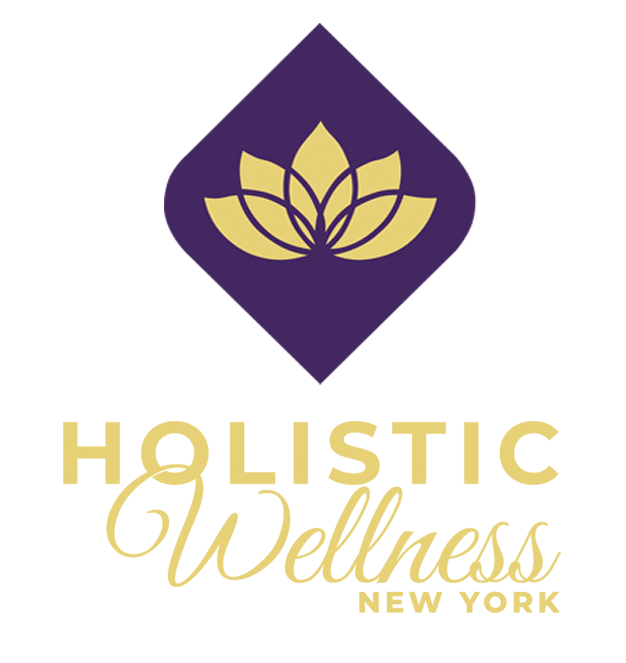HERBALISM
HERBALISM
Herbs have been used since the beginning of time to heal and support the body using plants, seeds, bark, flowers, roots and berries.
Herbs are like food; they are catalysts to help the body function. Conventional drugs do not balance bodily systems; they either stimulate or inhibit.
Herbs have been used since the beginning of time to heal and support the body using plants, seeds, bark, flowers, roots and berries.
Herbs are like food; they are catalysts to help the body function. Conventional drugs do not balance bodily systems; they either stimulate or inhibit.
What is HERBALISM?
Herbalism refers to the use of plants and other natural substances for healing and improving health. Herbs can address the physical mental, emotional and spiritual aspects of an individual.
What is HERBALISM?
Herbalism refers to the use of plants and other natural substances for healing and improving health. Herbs can address the physical mental, emotional and spiritual aspects of an individual.
What is an herb?
An herb is “a plant or plant-part valued for its medicinal, savory or aromatic qualities.”
Herbs are powerful healing tools.
The therapeutic use of plants have been an intrinsic part of life in every traditional society since the dawn of humankind. In most cultures, medicinal herbs were often used in food, and foods were used medicinally. The strength of the sum of the parts is greater than the strength of individual parts. Herbalists prefer to use plant parts in their entirety in their remedies, rather than trying to isolate the plant’s chemically as in conventional medicine.
What is an herb?
An herb is “a plant or plant-part valued for its medicinal, savory or aromatic qualities.”
Herbs are powerful healing tools.
The therapeutic use of plants have been an intrinsic part of life in every traditional society since the dawn of humankind. In most cultures, medicinal herbs were often used in food, and foods were used medicinally. The strength of the sum of the parts is greater than the strength of individual parts. Herbalists prefer to use plant parts in their entirety in their remedies, rather than trying to isolate the plant’s chemically as in conventional medicine.

What is an herb?
An herb is “a plant or plant-part valued for its medicinal, savory or aromatic qualities.”
Herbs are powerful healing tools.
The therapeutic use of plants have been an intrinsic part of life in every traditional society since the dawn of humankind. In most cultures, medicinal herbs were often used in food, and foods were used medicinally. The strength of the sum of the parts is greater than the strength of individual parts. Herbalists prefer to use plant parts in their entirety in their remedies, rather than trying to isolate the plant’s chemically as in conventional medicine.
For all health problems, nature has the answer
Every herb has a distinctive flavor, energetic quality, and healing property with a corresponding healing effect on the body. The energetics of the plant works with the energetics of the individual.
For all health problems, nature has the answer
Every herb has a distinctive flavor, energetic quality, and healing property with a corresponding healing effect on the body. The energetics of the plant works with the energetics of the individual.
For all health problems, nature has the answer
Every herb has a distinctive flavor, energetic quality, and healing property with a corresponding healing effect on the body. The energetics of the plant works with the energetics of the individual.
Healing properties of various herbs, which originate from roots, leaves, barks, seeds, berries, fruits, and flowers include:
- Antibacterial properties
- Antiviral properties
- Trace minerals
- Disease-fighting antioxidants
- Essential oils
- Vitamins, minerals, and enzymes that support human health
- Properties to boost the body’s immune system
Healing properties of various herbs, which originate from roots, leaves, barks, seeds, berries, fruits, and flowers include:
- Antibacterial properties
- Antiviral properties
- Trace minerals
- Disease-fighting antioxidants
- Essential oils
- Vitamins, minerals, and enzymes that support human health
- Properties to boost the body’s immune system
Healing properties of various herbs, which originate from roots, leaves, barks, seeds, berries, fruits, and flowers include:
- Antibacterial properties
- Antiviral properties
- Trace minerals
- Disease-fighting antioxidants
- Essential oils
- Vitamins, minerals, and enzymes that support human health
- Properties to boost the body’s immune system
Reasons to See
aN Herbalist
An herbalist should not replace a doctor or mental health professional, but may be a source of complementary treatment. Some people visit a herbalist for:
- Natural remedies and treatments
- Non-invasive procedures
- For holistic healing
- Guidance and support to transition to a healthier lifestyle
Reasons to See aN Herbalist
An herbalist should not replace a doctor or mental health professional, but may be a source of complementary treatment.
Some people visit a herbalist for:
- Natural remedies and treatments
- Non-invasive procedures
- For holistic healing
- Guidance and support to transition to a healthier lifestyle
Reasons to See a Herbalist
An herbalist should not replace a doctor or mental health professional, but may be a source of complementary treatment.
Some people visit a herbalist for:
- Natural remedies and treatments
- Non-invasive procedures
- For holistic healing
- Guidance and support to transition to a healthier lifestyle
GET IN TOUCH
Send us a message and we'll get back to you shortly
Contact Us
We will get back to you as soon as possible.
Please try again later.
GET IN TOUCH
Send us a message and we'll get back to you shortly
Contact Us
We will get back to you as soon as possible.
Please try again later.
GET IN TOUCH
Send us a message and we'll get back to you shortly
Contact Us
We will get back to you as soon as possible.
Please try again later.
Sign Up For Our Newsletter
Join our mailing list for the latest updates, offers & more.
Sign Up For Our Newsletter
We will get back to you as soon as possible.
Please try again later.
Sign Up For Our Newsletter
Join our mailing list for the latest updates, offers & more.
Sign Up For Our Newsletter
We will get back to you as soon as possible.
Please try again later.
Sign Up For Our Newsletter
Join our mailing list for the latest updates, offers & more.
Sign Up For Our Newsletter
We will get back to you as soon as possible.
Please try again later.
Copyright © 2023 Holistic Wellness New York - All Rights Reserved

